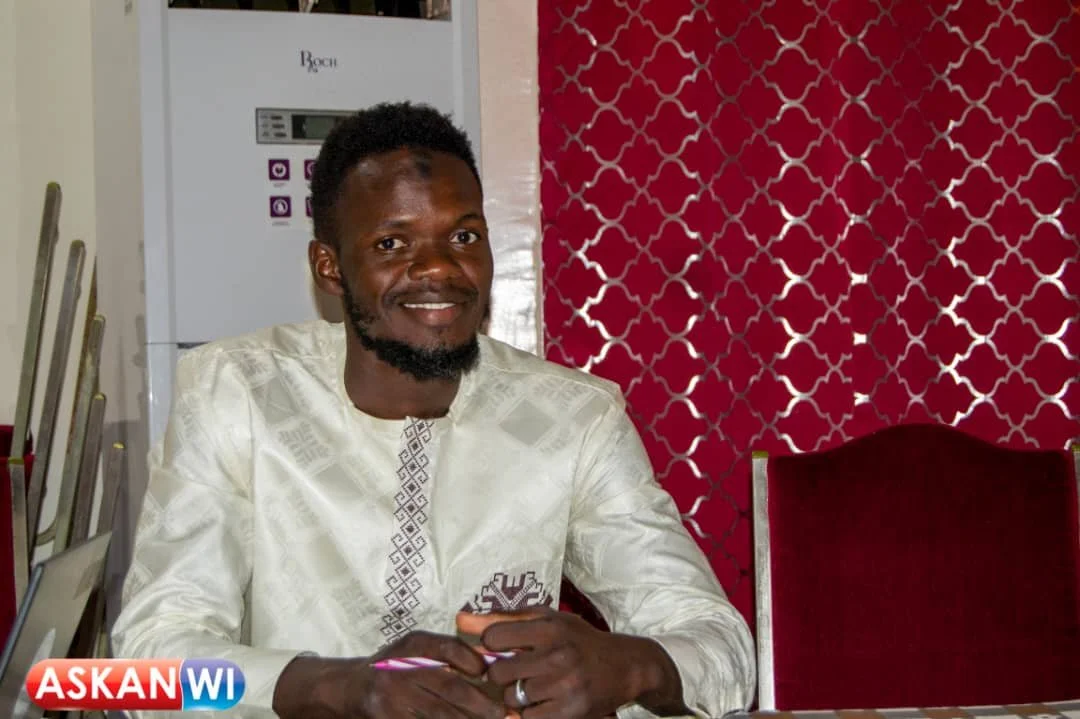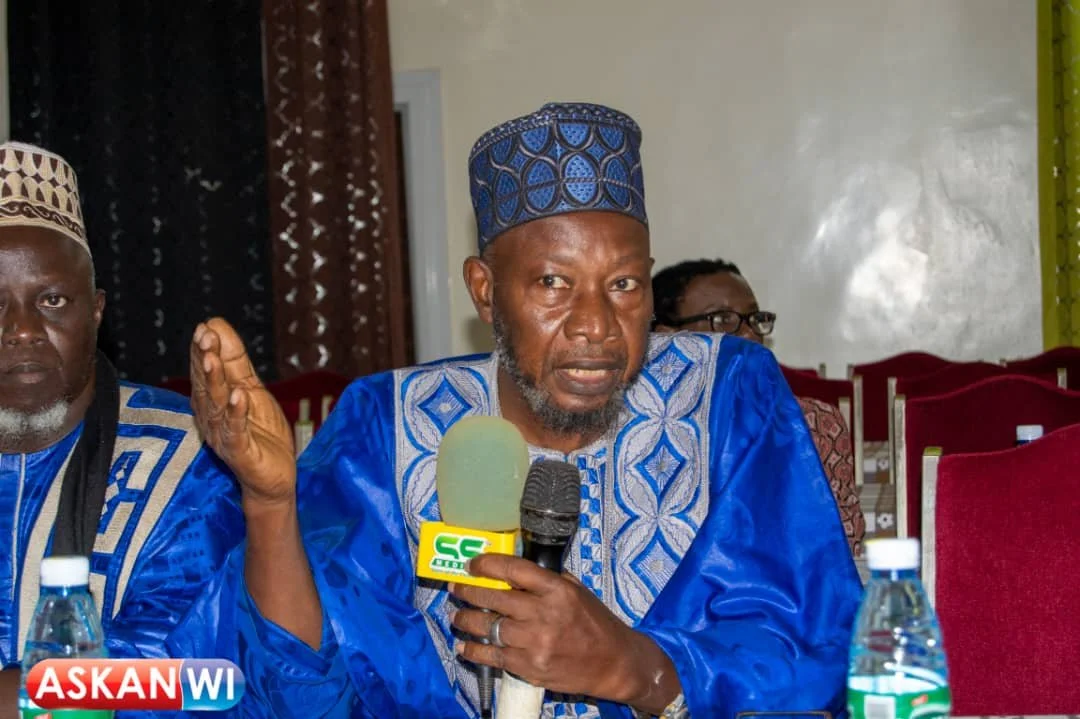WAVE Hosts Post-TRRC Religious Tolerance Roundtable Discussion with Religious Leaders
Group Photo © Askanwi
By Edward Francis Dalliah
The Women’s Association for Women and Victims’ Empowerment (WAVE) hosted a pivotal roundtable discussion with religious leaders on Friday, 29th August 2025, under the theme: “The role of faith organisations in promoting healing and reconciliation in the Gambia.”
Held at the Baboba Hotel in Bijilo and supported by the Global Initiative Against Impunity and Human Rights Violations, the European Union (EU), and the government, the event brought together leaders from diverse religious backgrounds, including various sects of Christianity, Islam, and the Baha’i Faith, and representatives from the National Human Rights Commission (NHRC).
A Platform for Unity and Shared Values
In his welcoming remarks, WAVE Programs and Reporting Associate Majabou Ceesay underscored the timeliness of the dialogue, stating that it comes at a crucial moment, one “for peace, reconciliation, and development”. Acknowledging the diverse faith traditions represented, Mr Ceesay emphasised a unifying message that all may come from different religions, with unique teachings and perspectives, but are “united by a shared commitment to compassion, love, and the pursuit of truth”.
He further pointed out that though “our faith may differ, but our desire to build bridges and foster peace and humanity binds us together.” Moreover, he encouraged participants to embrace the opportunity to share stories, reflect on shared values, and explore how their beliefs could be a force for hope, positive change, and national development.
Majabou Ceesay from WAVE © Askanwi
Religion and the TRRC Findings
The Truth and Reconciliation Reparations Commission (TRRC), in its final report, detailed how religious freedom was undermined under the former regime, eroding national unity and interfaith harmony. Volume 13 of the report includes accounts from witnesses who described how former President Jammeh used religion to consolidate power and justify human rights violations.
The report highlighted abuse against members of the Ndigal, Ahmadiyya, Shia, and Christian communities. It also revealed the role of the Supreme Islamic Council in some of the attacks on other faiths and individuals. Based on the report, “in his testimony, Imam Abdoulie Fatty defended the Supreme Islamic Council’s exercise of banning other Islamic preachers who held a different view from their own, on the basis that the Council was bestowed with the powers to do so by the President.”
This move, the TRRC cited, not only eroded peace and harmony within the Gambian society but also violated the 1997 Constitution section 25(1)(c), which guarantees every person in The Gambia the freedom to practice any religion and manifest such practice.
Bishop of the Methodist Church and Chairperson of the Gambian Christian Council © Askanwi
Government Response and Commitment
Speaking on behalf of the Ministry of Justice, Ms Marie Gomez reaffirmed the government's commitment to promoting religious tolerance and inclusivity. She referenced the TRRC’s recognition of religious harmony as foundational to a just and peaceful society, pointing out that “one of its most important findings was that religious divisions have been exploited for personal gain and political power.”
Ms Gomez added that the government's White Paper reflects an unwavering commitment to protect religious freedom, combat intolerance, and ensure that no Gambian is marginalised because of their faith or beliefs. “The commitment is not new, it is deeply rooted in our national identity and cultural history,” she emphasised.
She also warned that reconciliation and national healing cannot occur without addressing the root causes of division and mistrust. “We must confront the reality that intolerance, discrimination, and violence in the name of religion have no place in our society. [Equally], we must [remain] vigilant against more subtle forms of exclusion that can undermine social cohesion,” she told religious leaders.
Religious and Community Leaders © Askanwi
Ongoing Challenges and Delayed Reforms
Despite the government’s pledges in its White Paper, challenges persist. Religious leaders continue to use media platforms, particularly radio and social media, to attack other faiths during aired programs and Friday sermons. Additionally, the Kerr Mot Ali issue remains unresolved. Although the TRRC recommended actions, and the government accepted those recommendations, progress has been limited.
The Special Adviser of the government on Transitional Justice and Head of the Post-TRRC Secretariat, Ms. Ida Persson, noted that, though governments have published an implementation plan which runs from 2023 to 2027, concern about the slow implementation of key recommendations has been pointed out by victims.
She told religious leaders present that some recommendations that are related to religion, such as “the establishment of a Peace Committee,” for Kerr Mot Ali, which should be made up of traditional and religious leaders, along with officials from the Ministry of Local Government, Lands, and Religious Affairs. Ms Persson noted that the committee was scheduled for implementation in 2023, but it remains unfulfilled. Now, more than a decade and a half later, the people of Kerr Mot Ali are still settling outside of the Gambia, not having access to their farms. Additionally, attacks on other people's faith continue.
Ms Ida Persson © Askanwi





